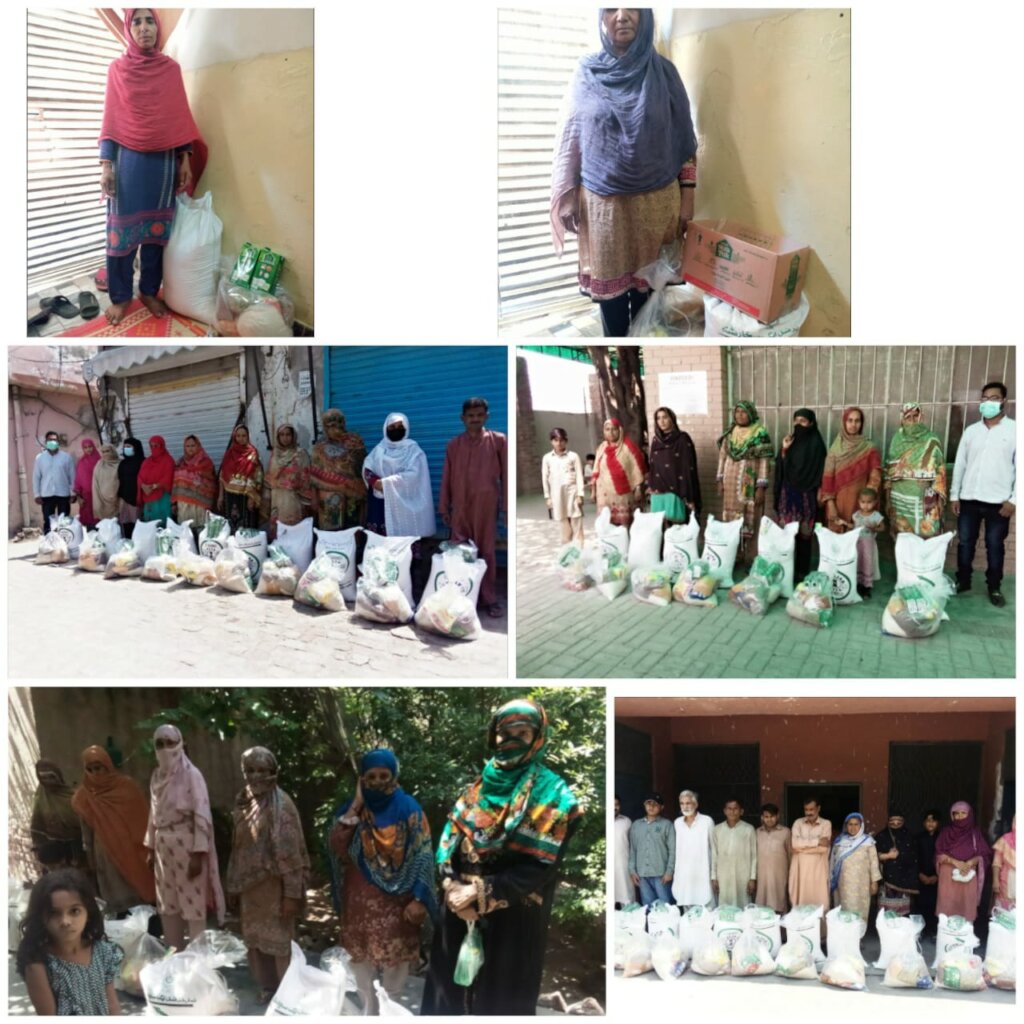By Aazer Durrani | Head of Marketing
Pakistan ranked 92nd out of 116 nations in the Global Hunger Index (GHI) this year. With a score of 24.7, the country’s level of hunger is categorised as ‘serious’. On the regional level, Pakistan is better positioned as compared to India (ranked 101), while the other two close regional neighbours, Bangladesh and Sri Lanka, outshine Pakistan by grabbing ranks of 76 and 65, respectively.
GHI is aimed at galvanising global action to combat hunger. The index comprises four indicators including undernourishment, child wasting, child stunting and under-five mortality rate. While 37.6pc of children are stunted, Pakistan has been able to bring the proportion of the undernourished population down to 12.9pc from 21.1pc in 2000. Along the same lines, Pakistan has also succeeded in cutting down the percentage prevalence of wasting in under-five children to 7.1pc in 2020 from 14.1pc in 2000.
Food security is being threatened on numerous fronts, with growing conflicts, extreme weather events due to global climate change, and the economic and health issues posed by the Covid-19 pandemic all contributing to hunger. Food insecurity is about more than just a scarcity of food in the market. It also indicates a lack of sufficient funds to acquire food, let alone nutritious and wholesome foods.
Over the last three years, Pakistan’s double-digit food price inflation, along with dwindling income, has left more Pakistanis food insecure. The World Food Programme (WFP) estimates that approximately 43pc of Pakistanis are food insecure and 18pc of those have acute food insecurity. The WFP contends that affordability is the “greatest barrier in achieving a nutritious diet,” estimating that the majority of Pakistanis are incapable of affording nutritionally acceptable food.
In Pakistan, a person is ‘food insecure’ if she/he is unable to reach a caloric target of 2,100 kilocalories per day. Imagine: 90.7 million Pakistanis are unable to reach a caloric target of 2,100 kilocalories per day.
Shockingly, of the five countries – Pakistan, Bangladesh, India, Sri Lanka and Nepal – Pakistan has the largest ‘food gap’ (food gap is defined as the amount of food needed for all food insecure to reach the caloric target of 2,100 kcal/day). The food gap in Pakistan stands at 389; Bangladesh 300; India 289; Sri Lanka 258; and Nepal 255. In essence, the food gap indicates the ‘intensity of food security’. Shockingly, of the five countries – Pakistan, Bangladesh, India, Sri Lanka and Nepal – the intensity of food security is the highest in Pakistan.
With a population of over 210 million, Pakistan is the fifth most populous country in the world. With nearly one third of the population subsisting from daily and piece-rate wages, the COVID-19 response has necessitated an urgent and immediate strategy to protect those living in extreme poverty.
Current scenario of hunger in Pakistan is clearly explained above. A large number of people in Pakistan sleep on an empty stomach every night. Based on the above, Fatima Memorial Hospital and NUR Foundation have taken the matter in their own hands and have started to supply food to poverty stricken students and families of NUR Community Outreach Program (NCOP). Our community outreach program has 4 locations where there are large number of families living in poor state and with your support we are able to provide them with food and clothes. The number keeps on increasing and we lack resources for which this appeal is being made. Help us so we can help the needy.
We depend heavily on donations from our valued donors and would like to urge that the support continues and grows, through which we can provide food to the needy as much as we can.
Thank you.
Project reports on GlobalGiving are posted directly to globalgiving.org by Project Leaders as they are completed, generally every 3-4 months. To protect the integrity of these documents, GlobalGiving does not alter them; therefore you may find some language or formatting issues.
If you donate to this project or have donated to this project, you can receive an email when this project posts a report. You can also subscribe for reports without donating.
Support this important cause by creating a personalized fundraising page.
Start a Fundraiser